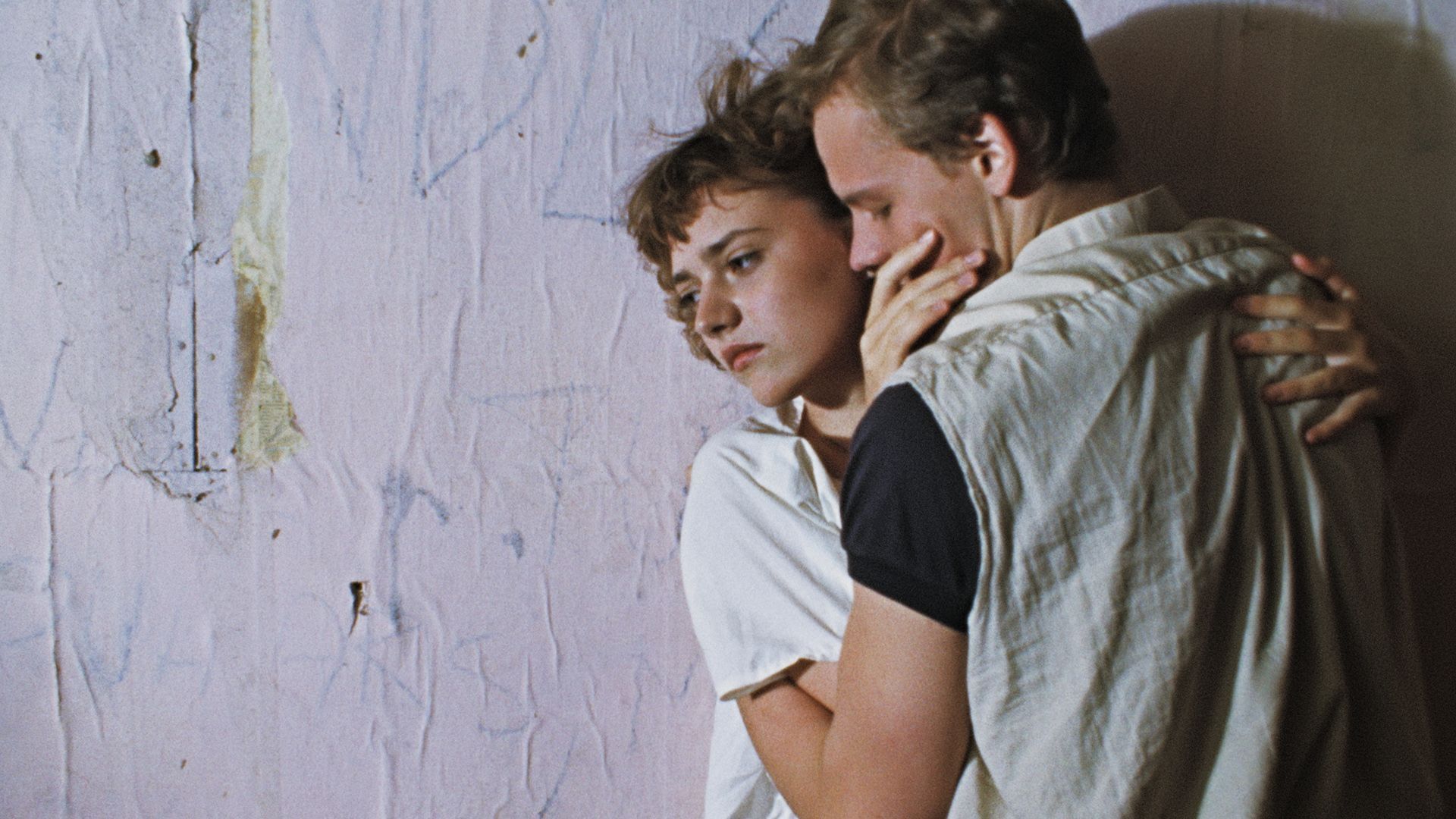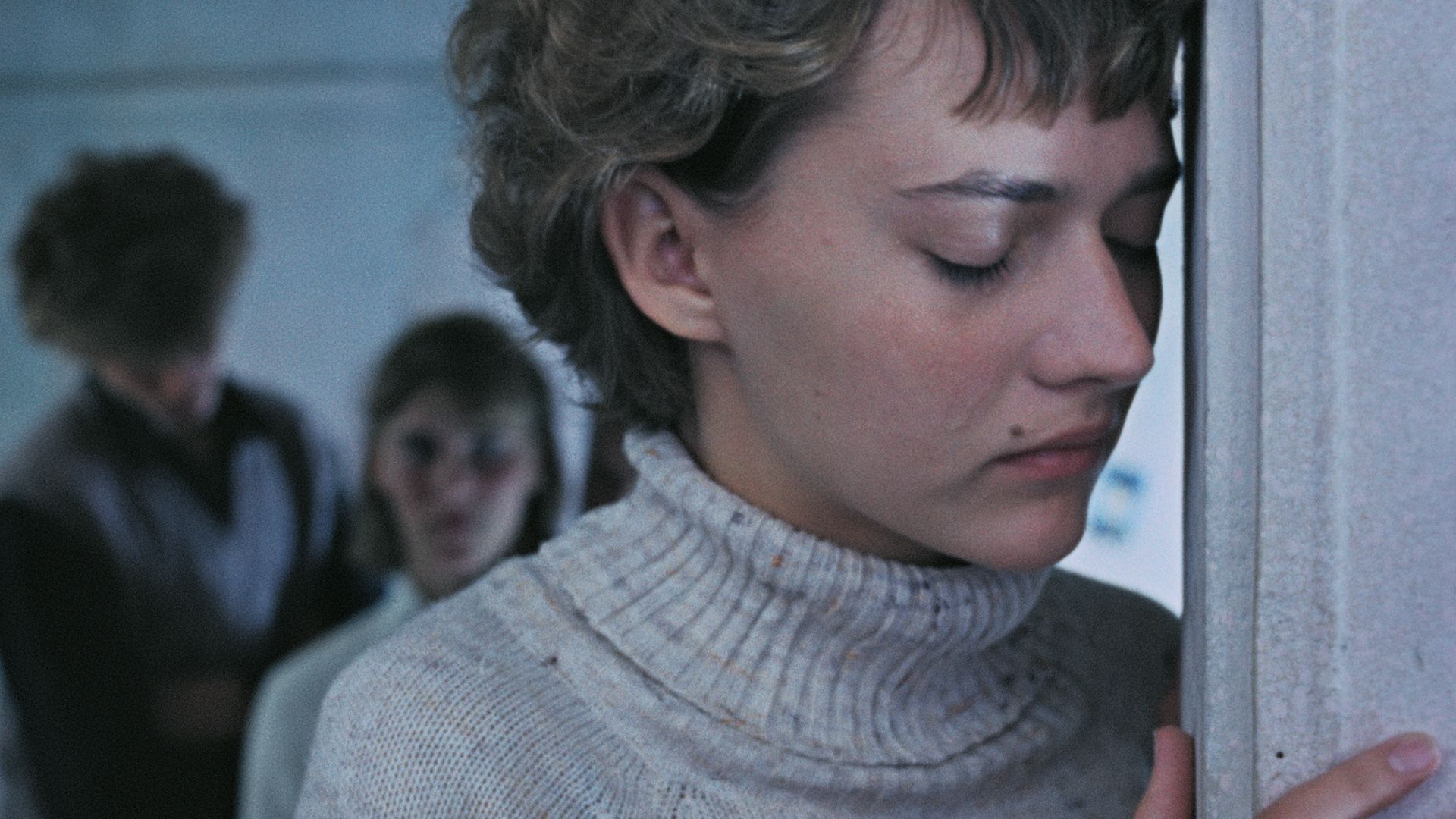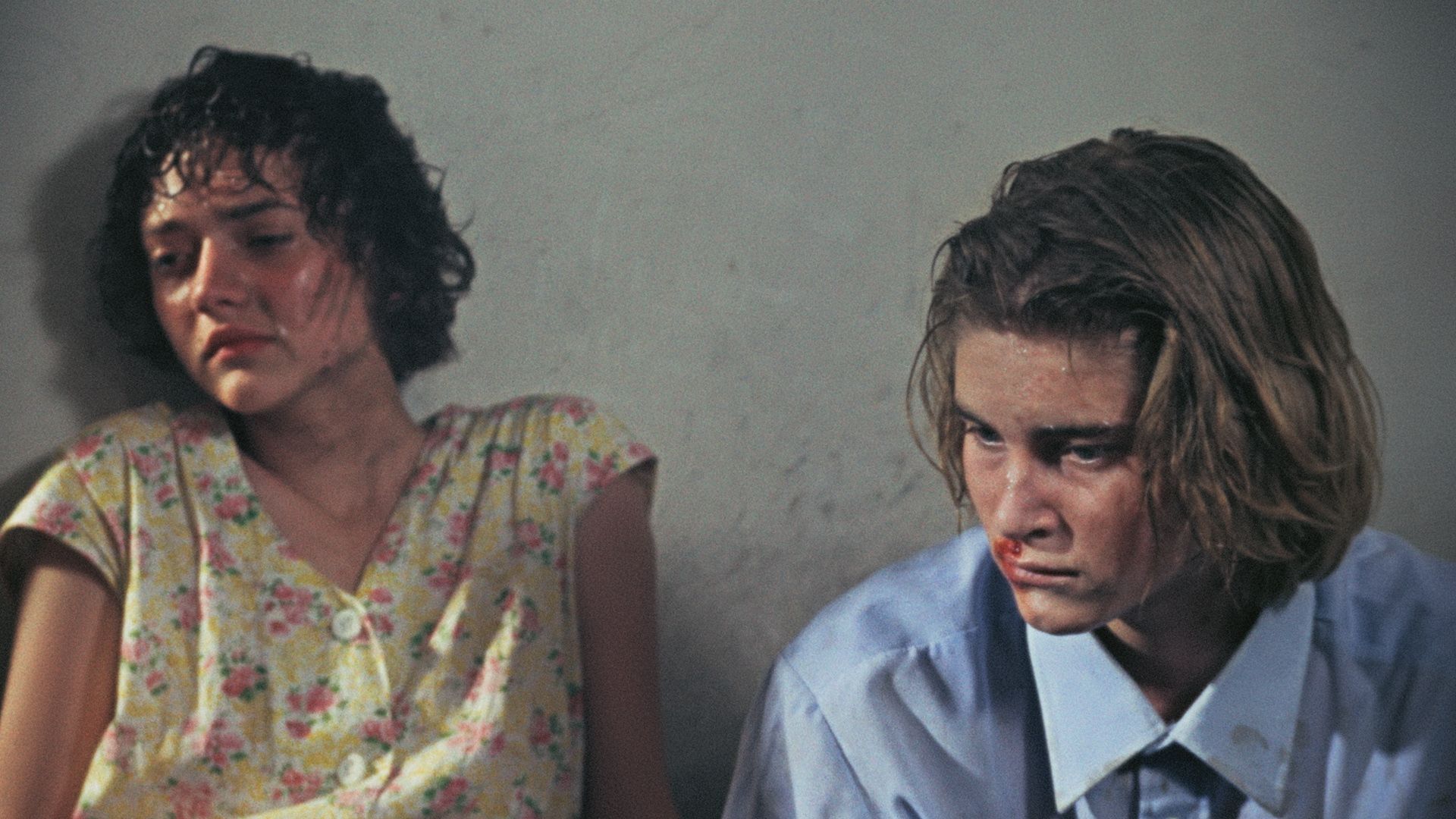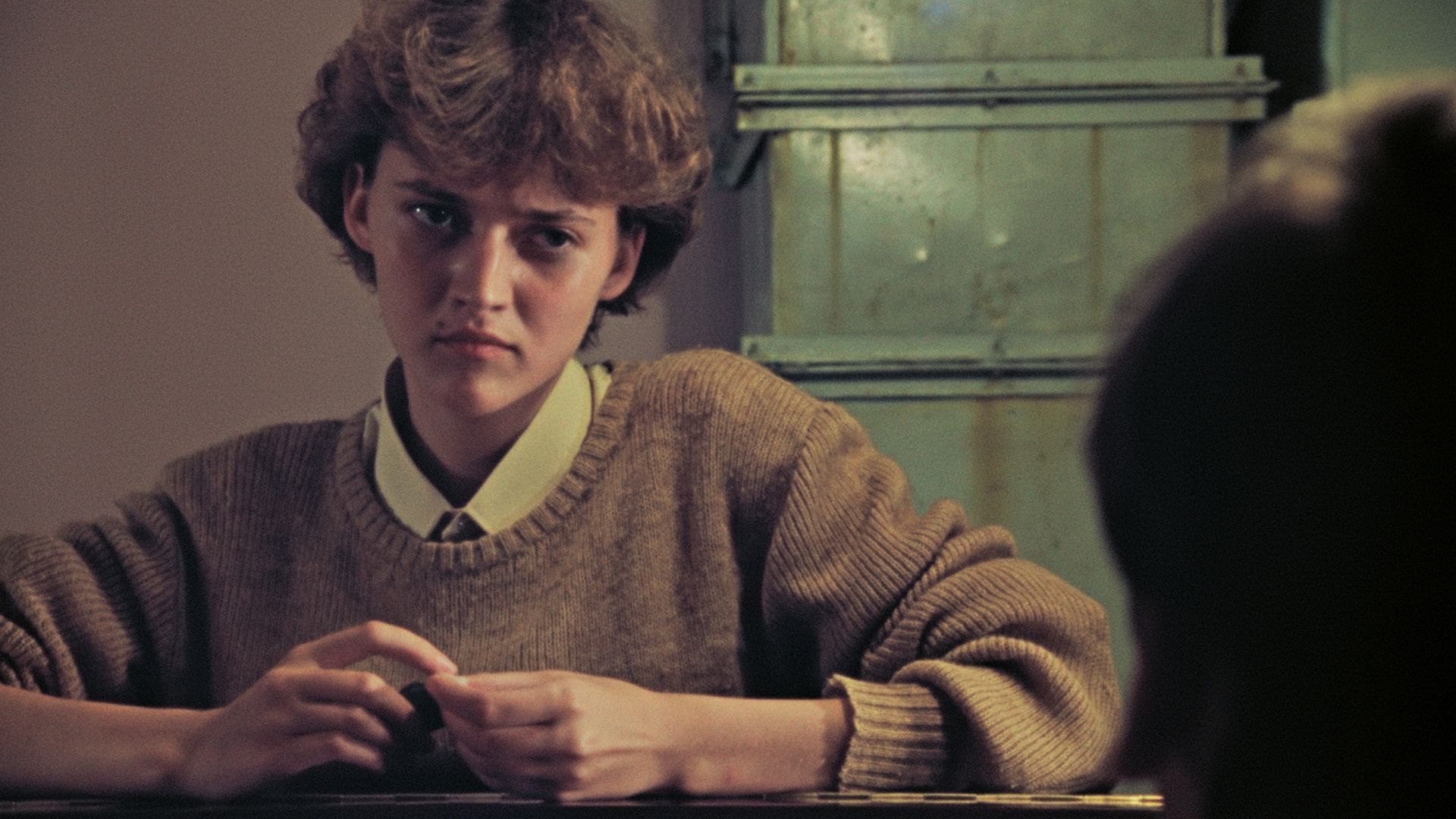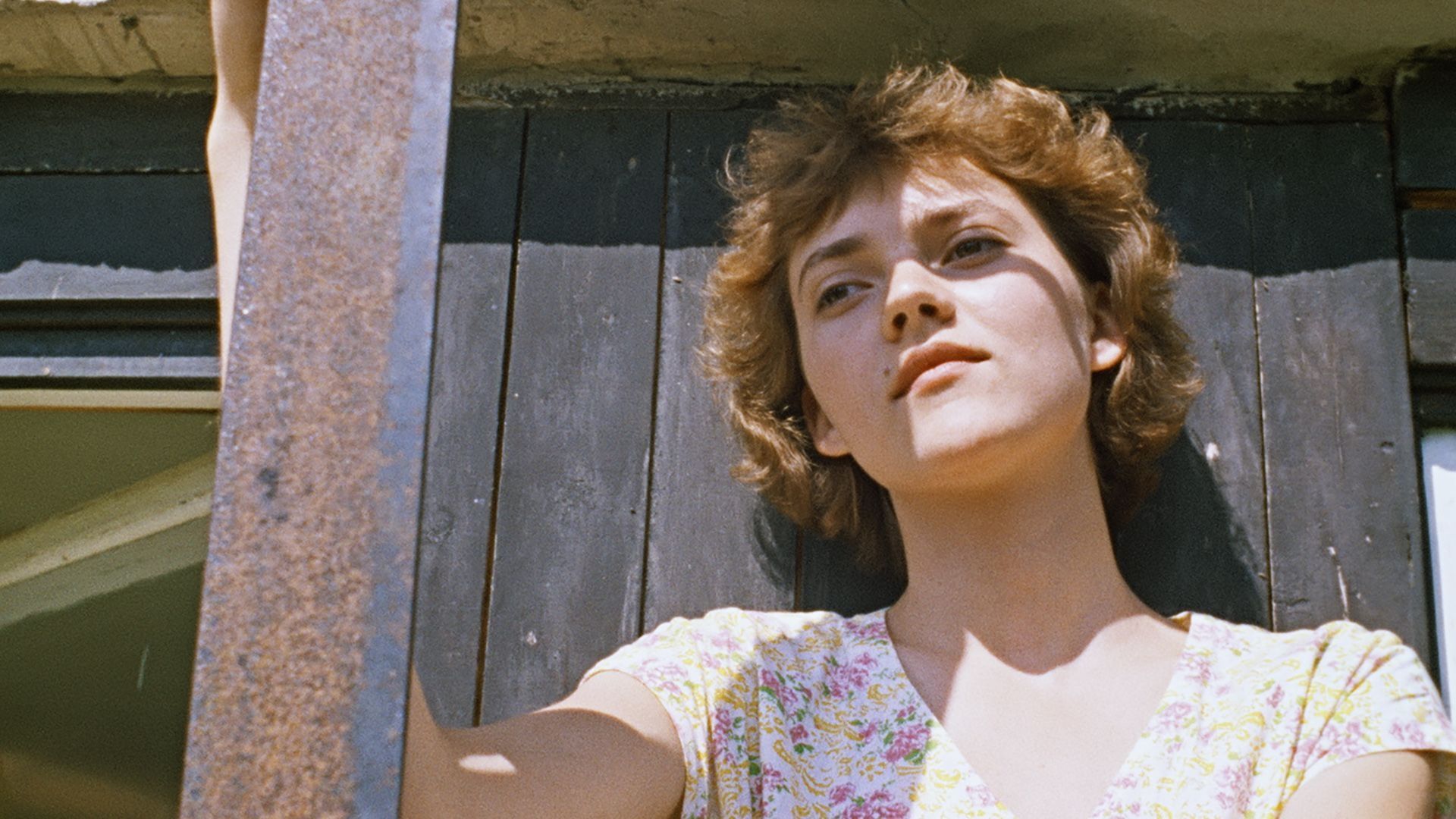Naerata ometi
A sensitive teen’s survival in a harsh orphanage mirrors the alienation of late-Soviet society.
Mari, a sensitive, introverted teenager, is abandoned by her father after losing her mother, and sent to an orphanage that feels more like a prison. Her near-fatal struggle for survival is marked by pain, tears, and the bittersweet sting of first love, all unfolding against the tangled, thorny paths of her fellow residents.
The penultimate film by Estonian cinema icon Leida Laius, and the directorial debut of Arvo Iho, uses the orphanage’s hostile microcosm to reflect the alienation and warped logic of late Soviet society.
“Smile at Last” was acclaimed at international festivals, winning the UNICEF Award at Berlinale (1987) and the Prix Graine de Cinéphage at the Créteil International Women’s Film Festival (1990). The film was digitised in 6K by the National Archives of Estonia and restored in 4K by Locomotive Classics in 2024.
Eva Näripea
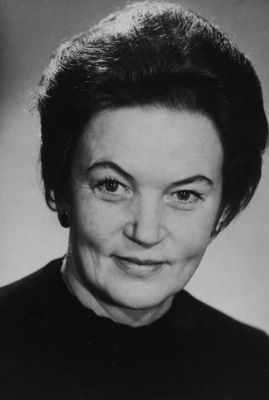
Leida Laius (1923–1996) trained as a director at VGIK in Moscow. A towering figure in Estonian cinema, she is celebrated for her portrayal of strong female characters, tangled marital dynamics, and the trials of motherhood. Her films, marked by a fresh and distinct style, form a cohesive artistic legacy.
Libahunt (1968), Ukuaru (1973), Naerata ometi (1985), Varastatud kohtumine (1988)
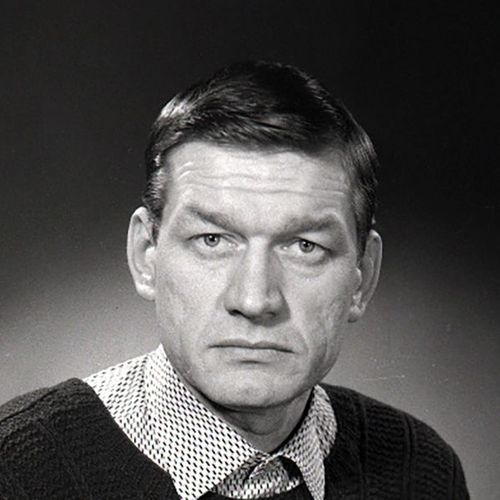
Arvo Iho (1949) graduated as a cinematographer from the same institute and has since made his mark as a film director and photographer. In 1992, he founded the film and video department at Tallinn Pedagogical University and continues to teach film students at Tallinn University. Iho’s work has garnered international acclaim, further cementing his influence on the next generation of Estonian filmmakers.
Karikakramäng (1977, co-dir), Naerata ometi (1985, co-dir), Vaatleja (1987), Karu süda (PÖFF 2001)

